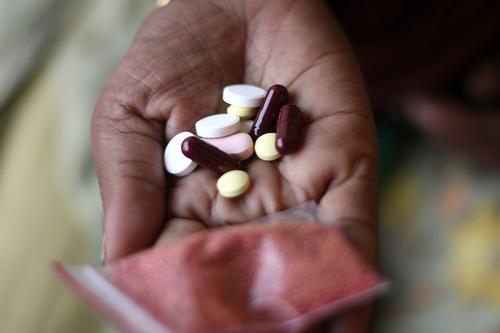During the 1990s, MSF teams made a bitter observation: we were failing to treat some of our patients suffering from infectious diseases, while in developed countries, remarkable progress was being made in the field of health. Two decades on, medicines in developing countries are still either too expensive, aren't suitable to be used in many of the contexts in which we work (for example, in hot, humid conditions or where there's a lack of electricity), or simply don't exist for the diseases we need to treat.
In 1999, we launched the Campaign for Access to Essential Medicines, now known as the Access Campaign. Its mission focuses on three areas: overcoming barriers to access to essential medicines, stimulating research and development for neglected diseases, promoting health exceptions to global trade agreements.
In 2003, MSF joined several research institutes, including the Institut Pasteur, to create the Drugs for Neglected Diseases initiative (DNDi), a non-profit research and development organisation engaged in research and development of new treatments for neglected diseases.
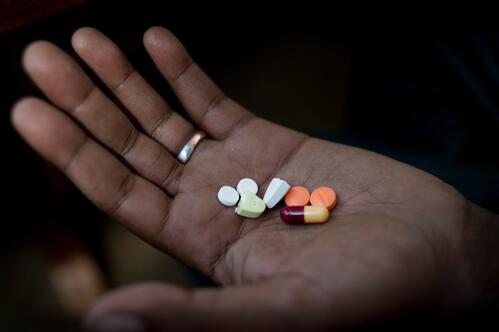
Bedaquiline: First new tuberculosis drug in 50 years
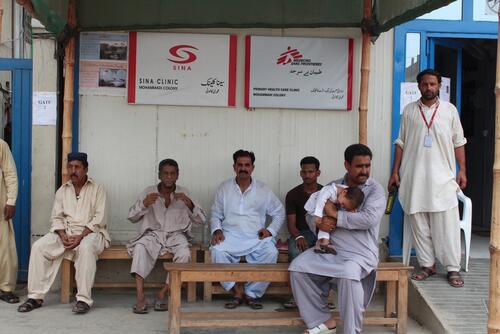
MSF opens new clinic in Karachi
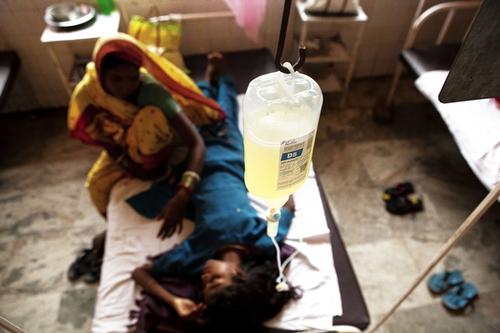
Medicines shouldn't be a luxury
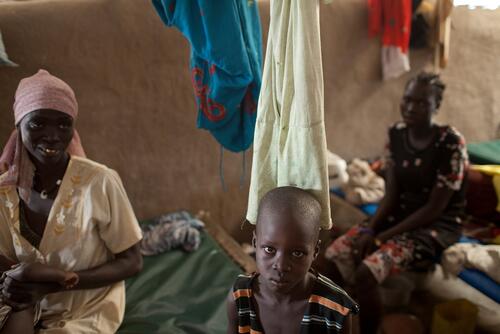
Millions of patients still waiting for medical 'breakthroughs' against neglected diseases
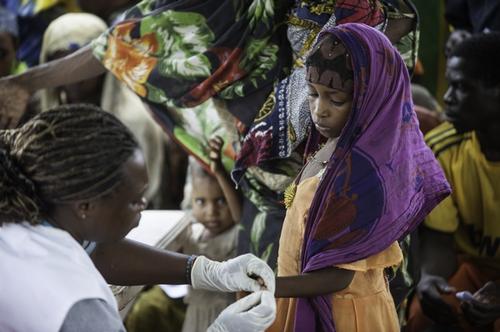
National control activities crippled by lack of funding
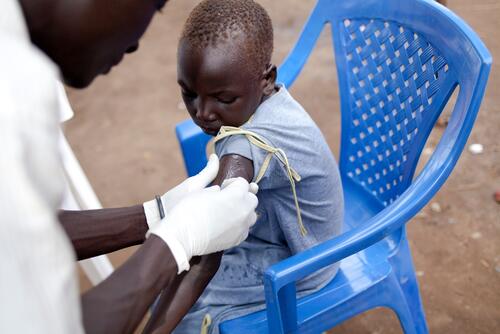
GAVI needs to offer lower vaccine prices to humanitarian actors
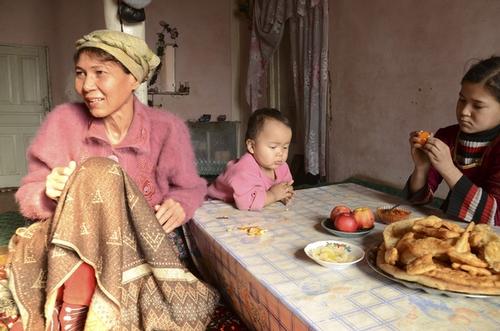
DR-TB Drugs Under the Microscope: 2nd Edition
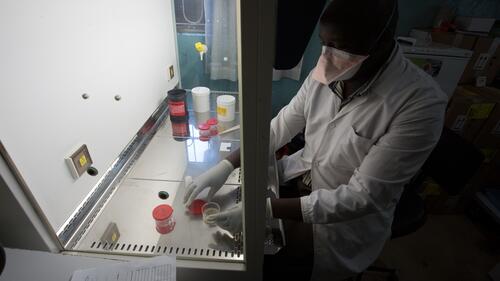
Results from new TB test reveal urgent need to scale up treatment
